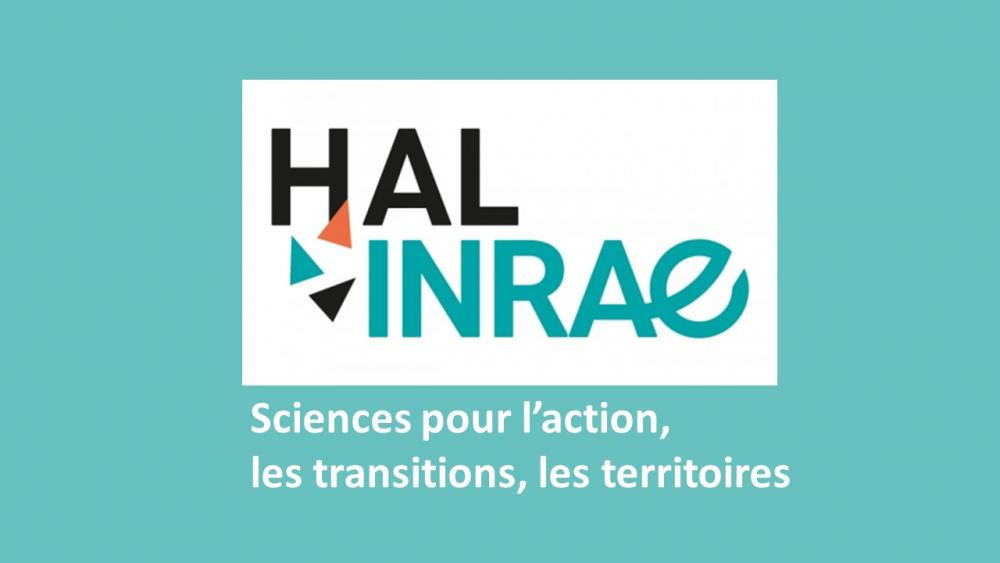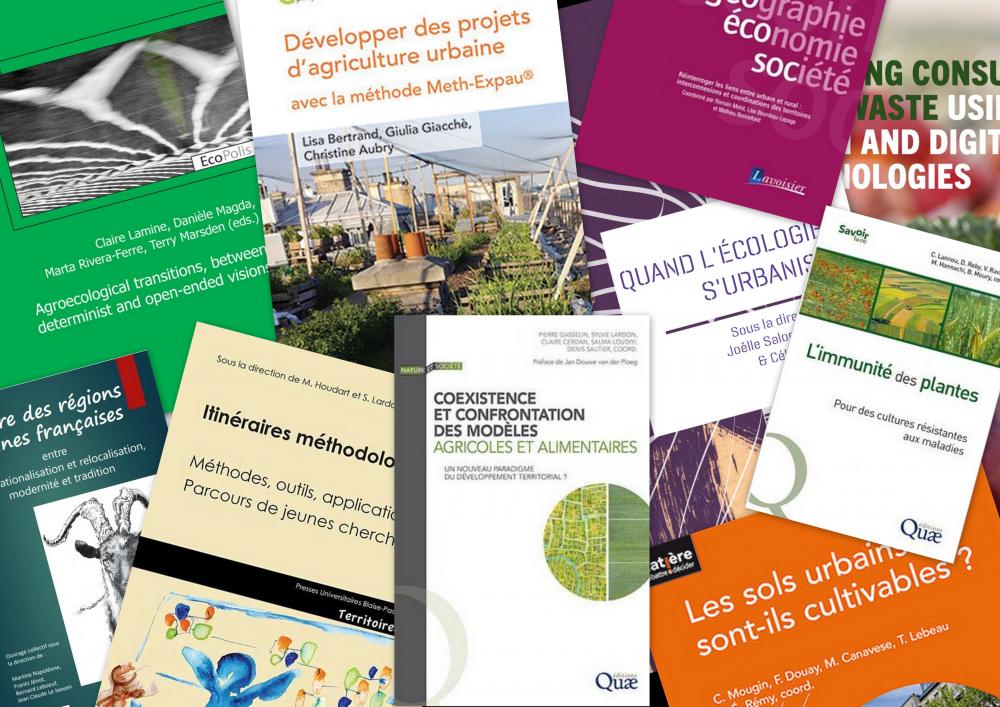Research of the ACT Division
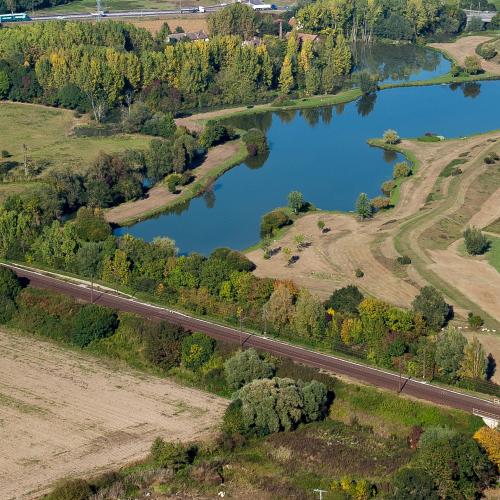
Understanding and supporting transformations
The ACT division's research aims to understand and support social and environmental transformations in the face of global changes. It focuses on the interactions between society and agriculture, food systems and socio-ecological systems. Our research aims to promote innovation dynamics and transition pathways towards sustainability, combining interdisciplinary research, training activities, and support for innovation and public action.
Sciences for action in the ACT division
- place-based research, paying attention to the complexity of the phenomena and the singularity of local contexts
- interdisciplinary research crossing life sciences, social sciences and digital sciences
- transdisciplinary research integrating academic and non-academic knowledge in action-research processes: co-designing innovations, supporting transformative changes, helping public policy decisions
Fields of research
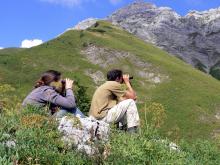
UNDERSTANDING - MODELING
Transformation dynamics of systems and territories
This thematic field concerns agricultural systems, food systems and socio-ecological systems, both in rural and peri-urban areas. Our research is based on disciplinary and interdisciplinary approaches and uses analytical, comprehensive and modeling approaches.
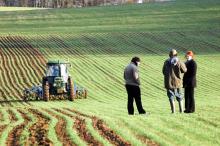
INNOVATING - SUPPORTING
Innovation processes and transitions support
Our research analyzes how scientific and non scientific knowledge are mobilized in different arenas for implementation, innovation and decision making. We also aim to design participatory research settings able to generate, represent and organize knowledge for action..
Scientific priorities for 2021-2025
INRAE 2030 aims to study environmental and societal changes, both at the global and territorial levels. In this perspective, the ACT division will focus on understanding "how actors change facing changes", by considering the deep transformations that taking global change into account means for them. Science for action in the face of transformations involves taking into account:
- the tensions and trade-offs between multiple issues (nexus thinking)
- the stakeholders' positions and strategies in complex and uncertain situations
- the renewal of public action
-
the question of urgency through anticipatory analysis, in real time, and post-crisis
Integrated and territorial management of the links between biodiversity, resources and health
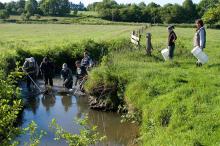
- To characterize territorial organizations for integrated management
- To understand biodiversity dynamics and to mobilise nature-based solutions
- To innovate for the territorial management of animal and plant health
- To develop methods for spatial analysis of socio-ecological systems
Understanding and supporting agro-ecological transitions
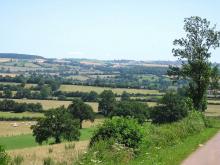
- To analyze the transition temporalities and support them through the design and the evaluation of agroecological systems, from alternative models to conventional models, in a context of increasing uncertainty
- To analyze the transition of the sectors under the prism of the agriculture-environment-food-health nexus, with a focus on the development of mixed methods
- To analyze, design, and evaluate open innovation systems and networks allowing co-construction and knowledge sharing with multiple stakeholders
Local and regional food systems
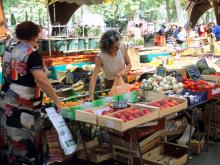
- To characterize agricultures linked to urban, peri-urban and rural food systems
- To analyze the territorial dimension of agri-food chains, resilience and bioeconomy
- To design innovations that reduce socio-spatial inequalities in food access
- To characterize the governance dynamics in relation to food policies
Transformations of activities facing global changes
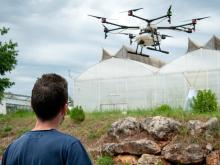
- To understand and support the transformations of farmers and agricultural advice
- To understand and support the transformations of stakeholders at the territorial level
- To analyze the impact of the digitalization of agriculture on the agroecological transition
- To think about and activate the research positionalities and practices furthering a transformative science

